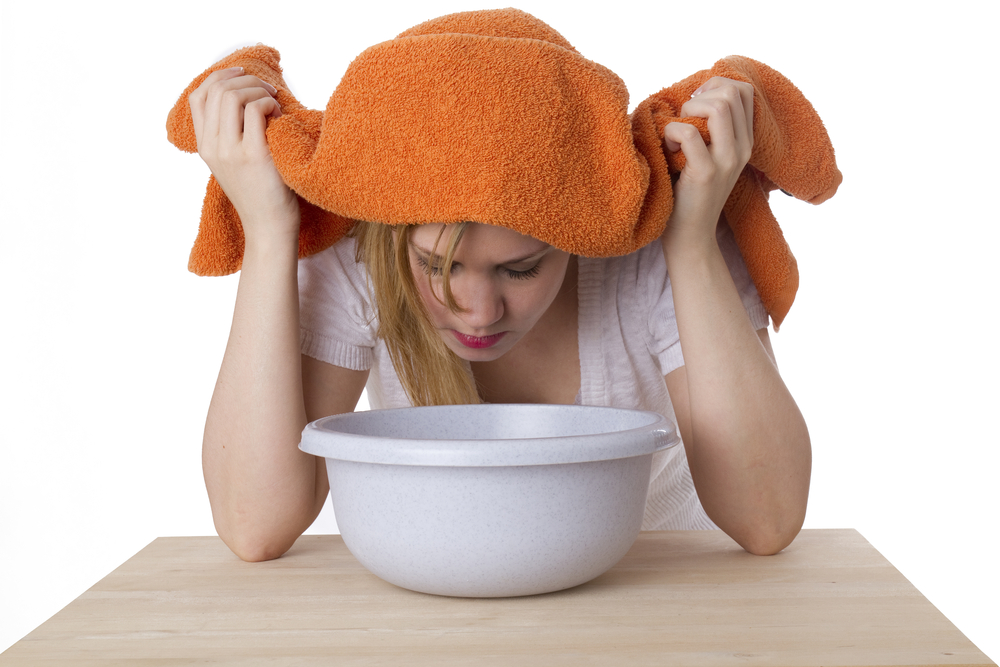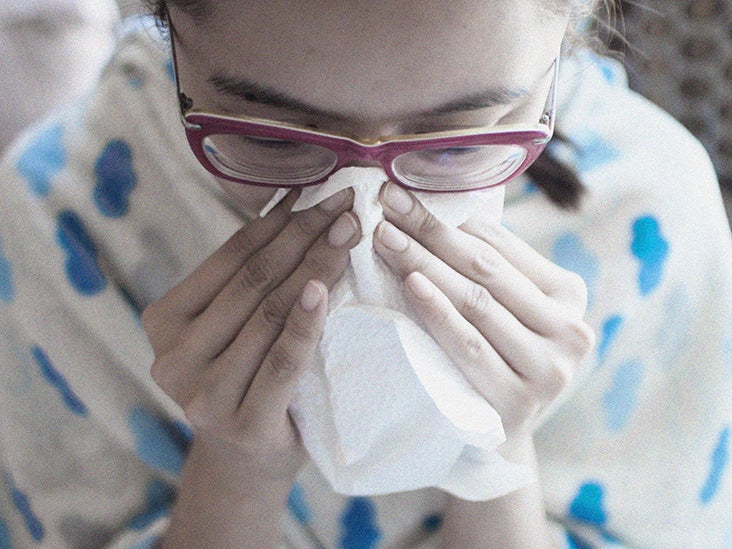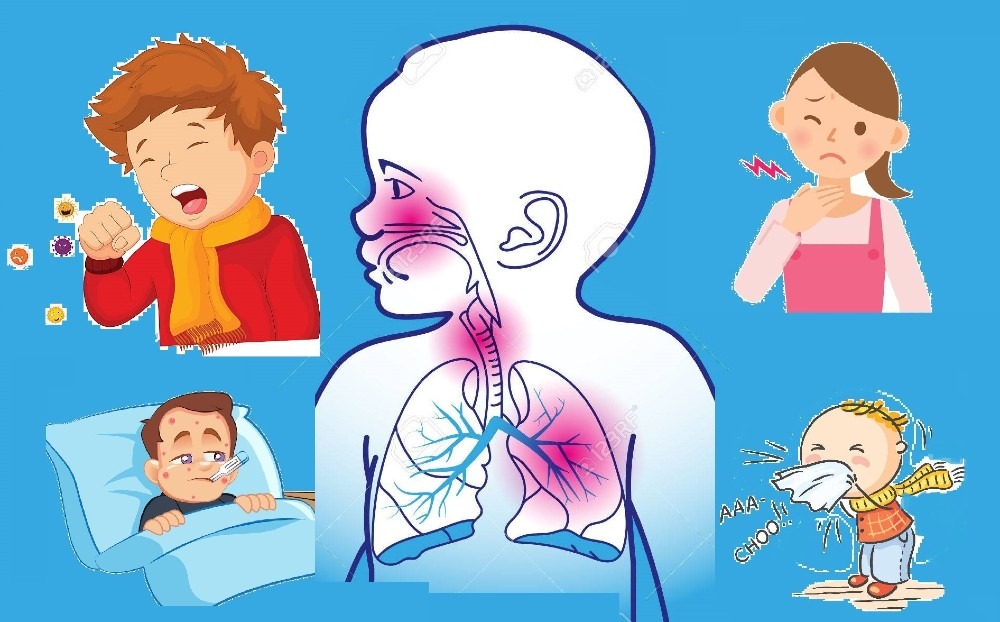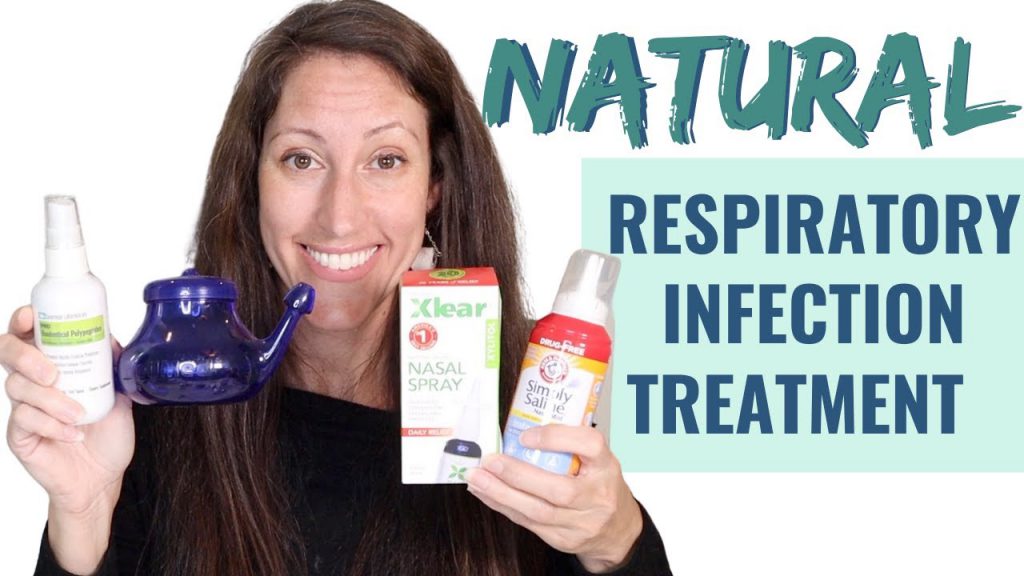Fabulous Info About How To Get Rid Of Upper Respiratory Infection

The common cold is the most common uri.
How to get rid of upper respiratory infection. What to know about lower respiratory infections. They last up to 3 weeks and. While there is no known cure for the common cold, and no prescription medication that will make it go away faster, there are plenty of treatments that can help reduce the […]
You can buy these drops over the counter, and they can help relieve symptoms ― even in. You can treat symptoms by drinking lots of fluids, rest, and taking otc medications like decongestants and acetaminophen (tylenol). The patient must give time to the body to heal by taking adequate sleep and avoiding strenuous activities.
This is not entirely true, however, since a cold virus is only one of many infectious agents that. These may occur year round or seasonally (fall and winter). See home treatments 2 when you may need a provider
How can i prevent upper respiratory infections? You can also buy cough medicines and throat lozenges, although there's little evidence to show they help.
Some treatments contain paracetamol and. The first step is seeking medical care to confirm that you have an upper respiratory infection and not the flu, or another illness. Contact your doctor immediately as you may require antibiotics to get rid of the infection.
They can potentially lead to bronchitis or even. Because of the diverse causes and presentation, upper respiratory tract infections are best managed by an interprofessional team. A pharmacist can suggest treatments to help relieve your symptoms, such as decongestants and nasal sprays.
Upper respiratory tract infections are caused by viruses. Those at increased risk include people: Summary an upper respiratory infection (uri) is an infection that affects the nose, throat, and large upper airways.
Other common types include pharyngitis,. Treatment prevention faqs bottom line acute upper respiratory infections (uris) are among the most common viral illnesses and usually affect the nose and throat. Antibiotics are not effective against viruses, so they won't help you feel better if your cold is caused by a virus.
A lower respiratory infection means that the infection has spread down from the upper airway into the airways of the lung. One good home remedy for an upper respiratory infection is advice you hear all the time: A lower respiratory tract infection (lrti) involves the lower airways:
The common cold, or viral upper respiratory tract infection, is one of the most common illnesses—with most people experiencing two or more per year. Water helps thin mucus, preventing it from sticking in the sinuses (where it can cause a bacterial infection).


![12 Home Remedies for Upper Respiratory Infections [Infographic]](https://homeremedybook.com/wp-content/uploads/2018/08/upper-respiratory-infections-remedies.jpg)















